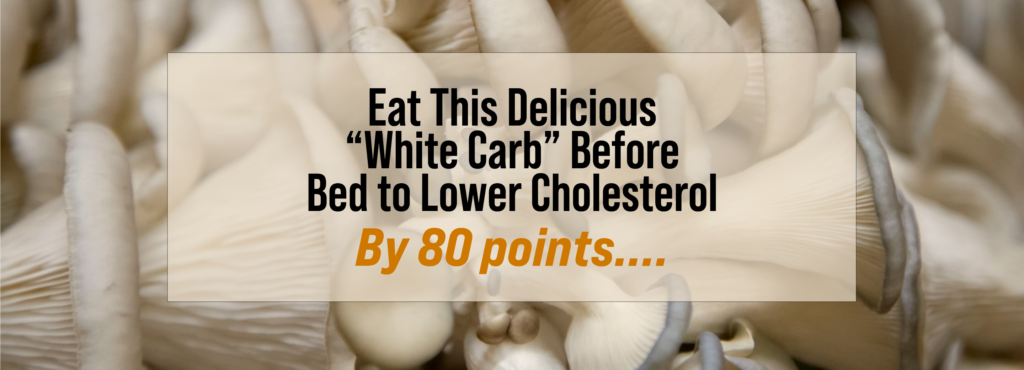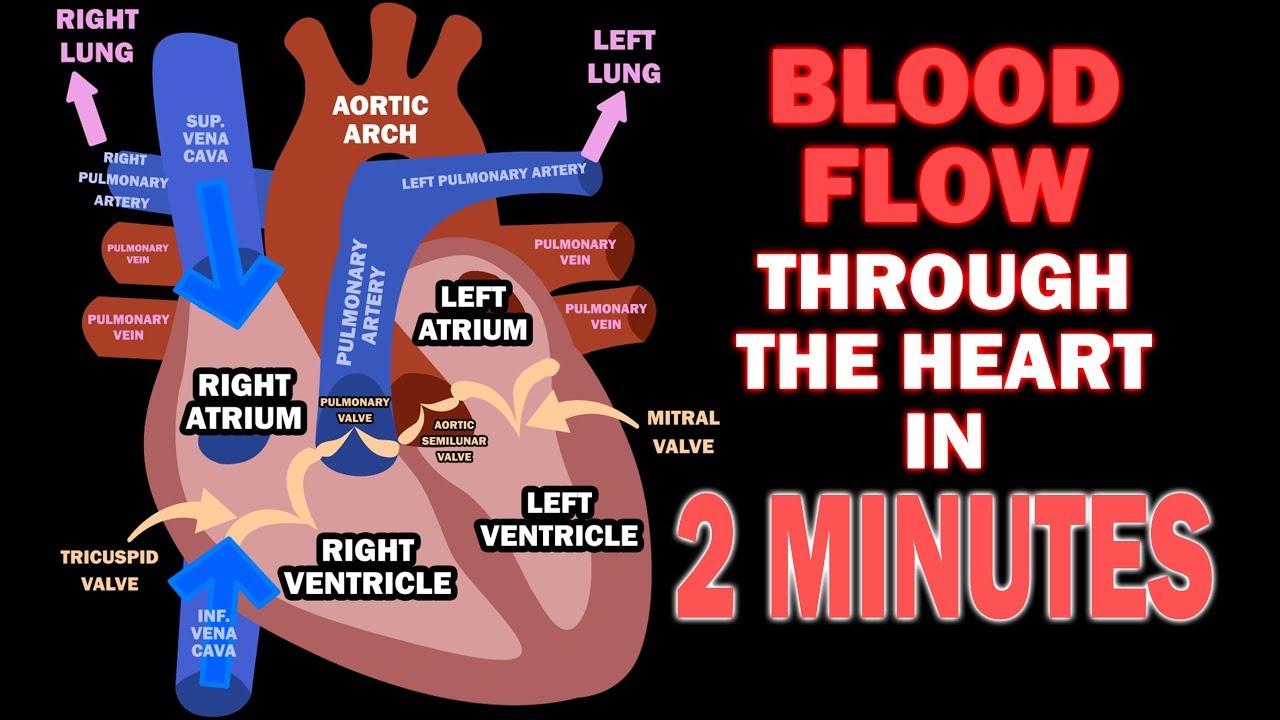Causes, Risk Factors, and Preventive Measures
Introduction:
Blood circulation is a vital process that sustains life, supplying oxygen and nutrients to every cell in our body while removing waste products. The efficiency of blood circulation plays a crucial role in overall health and well-being. In this article, we will explore the impact of blood circulation on our bodies and delve into the causes of its deterioration, along with the associated risk factors. Furthermore, we will provide practical preventive measures to help you maintain optimal blood circulation and preserve your overall health.
I. The Significance of Healthy Blood Circulation
a. Fueling the Body’s Essential Functions: “Blood is that fragile scarlet tree we carry within us.” – Osbert Sitwell.
Blood circulation ensures that vital organs, such as the heart, brain, and muscles, receive a constant supply of oxygen and nutrients. This nourishment is essential for optimal function, enabling us to perform daily activities, think clearly, and maintain physical strength.
b. Eliminating Toxins and Waste: “If you would take, you must first give. This is the beginning of intelligence.” – Lao Tzu
Efficient blood circulation aids in the removal of metabolic waste products, such as carbon dioxide and lactic acid, from our cells. Proper elimination of these toxins prevents their accumulation, which can lead to various health problems and impair the overall functioning of our body systems.
II. Causes of Blood Circulation Deterioration
a. Sedentary Lifestyle: “Sitting is the new smoking.” – Dr. James Levine
Prolonged periods of inactivity, such as sitting for extended hours or leading a sedentary lifestyle, can negatively impact blood circulation. Reduced physical movement slows down blood flow, leading to stagnant areas and an increased risk of blood clot formation.
b. Poor Diet: “Let food be thy medicine and medicine be thy food.” – Hippocrates
Consuming a diet high in processed foods, saturated fats, and refined sugars can contribute to the deterioration of blood circulation. These unhealthy dietary choices can lead to the development of conditions like atherosclerosis (hardening of the arteries) and high blood pressure, impairing the smooth flow of blood throughout the body.

c. Smoking and Excessive Alcohol Consumption: “Smoking kills. If you’re killed, you’ve lost a very important part of your life.” – Brooke Shields.
Both smoking and excessive alcohol consumption have detrimental effects on blood circulation. Smoking damages blood vessels reduces oxygen supply, and increases the risk of blood clot formation. Similarly, excessive alcohol intake can lead to high blood pressure and weakened heart muscles, impairing proper blood flow.
III. Risk Factors Associated with Poor Blood Circulation
a. Age: “Do not regret growing older. It is a privilege denied to many.” – Unknown.
As we age, our blood vessels naturally lose their elasticity and become less efficient at carrying oxygen-rich blood. This age-related decline in blood circulation can contribute to various health issues, including cardiovascular diseases and impaired cognitive function.
b. Obesity: “Obesity is a mental state, a disease brought on by boredom and disappointment.” – Cyril Connolly.
Excess body weight places additional strain on the cardiovascular system, making it harder for the heart to pump blood efficiently. Obesity increases the risk of developing conditions such as high blood pressure, diabetes, and atherosclerosis, all of which contribute to poor blood circulation.
c. Chronic Conditions: “A healthy outside starts from the inside.” – Robert Urich.
Certain chronic conditions, such as diabetes, hypertension, and peripheral artery disease, can significantly affect blood circulation. These conditions directly impact the health of blood vessels, impairing their ability to deliver nutrients and oxygen effectively.
IV. Preventive Measures for Optimal Blood Circulation
a. Regular Exercise: “Those who think they have not time for bodily exercise will sooner or later have to find time for illness.” – Edward Stanley.
Engaging in regular physical activity, such as brisk walking, jogging, or swimming, stimulates blood flow and strengthens the cardiovascular system. Aim for at least 150 minutes of moderate-intensity exercise per week to improve blood circulation.
b. Balanced Diet: “Let thy food be thy medicine and thy medicine be thy food.” – Hippocrates.
Consume a well-balanced diet rich in fruits, vegetables, whole grains, lean proteins, and healthy fats. This dietary approach supports heart health, maintains proper blood pressure levels, and reduces the risk of atherosclerosis.
c. Quit Smoking and Moderate Alcohol Consumption: “The first step towards getting somewhere is to decide you’re not going to stay where you are.” – J.P. Morgan.
If you smoke, seek support to quit smoking. Limit alcohol consumption to moderate levels to minimize its negative impact on blood circulation and overall health.
d. Maintain a Healthy Weight: “To keep the body in good health is a duty… otherwise, we shall not be able to keep the mind strong and clear.” – Buddha Adopt.
a healthy lifestyle that includes regular physical activity and a balanced diet to achieve and maintain a healthy weight. This reduces the strain on your cardiovascular system and promotes optimal blood circulation.
Conclusion:
Understanding the crucial role of blood circulation in maintaining overall health is paramount. By recognizing the causes of its deterioration, and associated risk factors, and implementing preventive measures, you can actively preserve and improve your blood circulation. Embrace an active lifestyle, make nutritious food choices, and prioritize a healthy weight to ensure optimal blood flow throughout your body. Remember, a well-circulated body is a healthy body, ready to take on life’s challenges with vigor and vitality.

